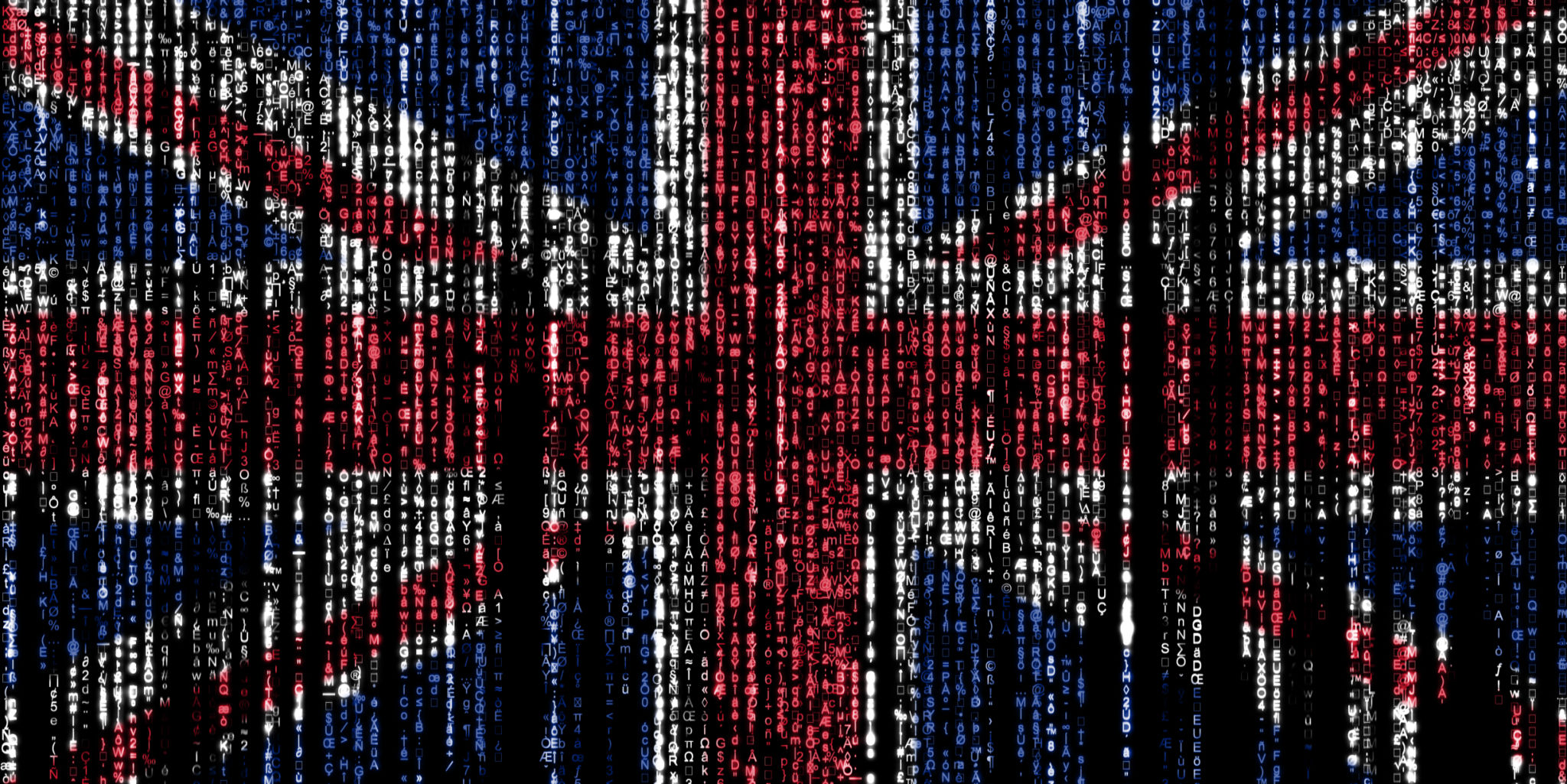Case Study: Successful Smart Home Integrations in the UK
Introduction to Smart Home Integrations
In recent years, the concept of a smart home has transitioned from futuristic fiction to a reality, with many homeowners in the UK embracing smart technology. This case study explores several successful smart home integrations across the UK, highlighting the benefits, challenges, and outcomes experienced by homeowners.

Case Study 1: The Connected Family Home
One of the most notable examples of successful smart home integration is the transformation of a family home in Surrey. This home features a comprehensive system that includes smart lighting, security, and climate control. The family reported a significant increase in convenience and energy efficiency since implementing these technologies.
The integration process involved installing smart thermostats and motion-sensor lights, which not only improved comfort but also helped reduce energy bills by up to 20%. Additionally, the security system, equipped with smart cameras and door sensors, provided enhanced peace of mind.
Case Study 2: Sustainable Living in Manchester
In Manchester, a couple invested in smart technology to create an eco-friendly living environment. Their focus was on reducing their carbon footprint through automated energy management systems. By integrating solar panels with smart energy meters and battery storage solutions, they achieved near self-sufficiency.

This setup allowed the homeowners to monitor their energy consumption in real-time and adjust their usage patterns accordingly. As a result, they reported a 30% decrease in energy costs while contributing positively to environmental sustainability.
Challenges and Considerations
While the benefits of smart home technology are clear, there are challenges and considerations to keep in mind. One common issue is the initial cost of installation, which can be a barrier for many homeowners. However, the long-term savings on utility bills and increased property value often offset these costs.
Another consideration is ensuring compatibility between different smart devices. Homeowners should opt for systems that support a wide range of devices and brands to avoid potential integration issues.
The Future of Smart Home Technology in the UK
As technology continues to advance, the potential for smart home integrations in the UK is vast. Innovations such as AI-driven devices and enhanced connectivity promise to make homes more intuitive and responsive to occupants' needs.

The growing trend towards sustainability also suggests that future developments will focus on reducing energy consumption and environmental impact further. As more homeowners recognize the benefits, it's likely that smart homes will become the norm rather than the exception.
Conclusion
The case studies presented demonstrate the transformative impact of smart home technologies in the UK. From increasing convenience and security to promoting sustainability, these integrations offer numerous advantages. As the industry evolves, it provides exciting opportunities for homeowners looking to embrace a smarter way of living.
